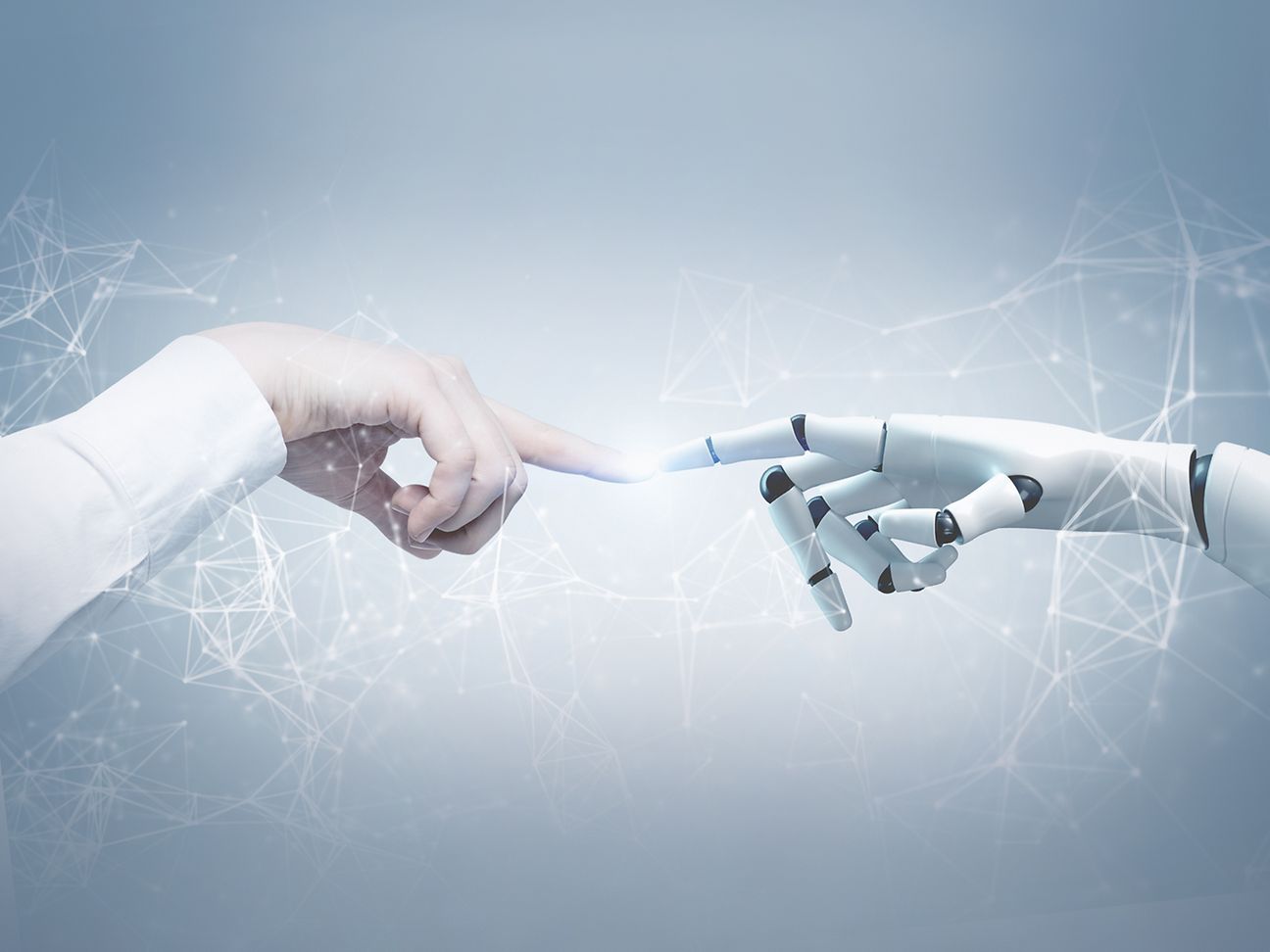

Mr. Johnson, your company is conducting medical research on a brain implant to cure people, but your idea envisions also the implantation of computer chips in healthy human beings. Why should this be done?
Bryan Johnson: I think all of us desire to be our best selves. We drink coffee to feel good. We dress nicely to appear nice. We read books and become educated. I think building this technology will naturally allow us to be our best possible selves, healthy, and to pursue the things we really care about with those we love and the things we want to do in life.
If one can restore lost memory, if one can process the neural code, do you think that - or, another way, does that mean that all of us will have the same intellectual code in the end, or what does it mean for individuality or free will?
Bryan Johnson: What we do know from neural science is that each person is highly unique. So even if we do have this technology that allows us to work with our neural code, then we'll still have great individual differences. I think what will happen is we'll become more cooperative and be able to do things that we previously couldn't imagine or do before by ourselves.
And how will humans act with machines in the future?
Bryan Johnson: I think the line will increasingly blur between the various forms of intelligence. So we currently have our bodies that we work with today as a confined entity, then we deal with our phones. We'll become increasingly evolved with our machines, which again will pursue the things that we care about in life and how we communicate and love and cooperate with people in our world and the things we pursue in our work and the skills we try to acquire.
What about cyborgs? Will they come and when?
Bryan Johnson: Cyborgs, it's not a well‑defined term. The way I think about it is using technologies such as brain technology that we're working on simply continues what we've always done, which is trying to be the best version of ourselves. So we incorporate technology today with our phones and people who are sick get artificial hearts or people who have Parkinson's can get a deep brain stimulator, but it will just be we'll use technology to continue to try to be the best version of ourselves.
Should a cyborg existence be anchored in society as a basic right, thus it would be ensured that human optimization will be not preserved only for the rich?
Bryan Johnson: I think in the coming years one of the most rigorous debates will be evolution rights. And that will be centered around a person's ability to either opt in or opt out of the usage of technology to improve themselves. That includes genetics and biology, even potentially neural technology. Nation states will maintain different dispositions on whether they think that's a good idea or not. As I think we'll see over the coming decades, this debate will ensue of humans who will enthusiastically accept these kinds of improvements and those who will consider them to be not necessary or appropriate for their particular choices.
When you look ten years ahead, what technologies or services would you like to find in the future?
Bryan Johnson: The things I am most excited about ten years from now are the things that I can't even imagine.
So when you look into the future, you are pessimistic or optimistic?
Bryan Johnson: I'm extremely optimistic. I think that we have never been better positioned to equip ourselves with the abilities to address both the challenges that we face but also pursue opportunities that again we struggle to imagine. So we do have our fair share of challenges, that's for sure, but I also at the same time have never been more excited about our ability to solve the things that we consider to be most challenging.

